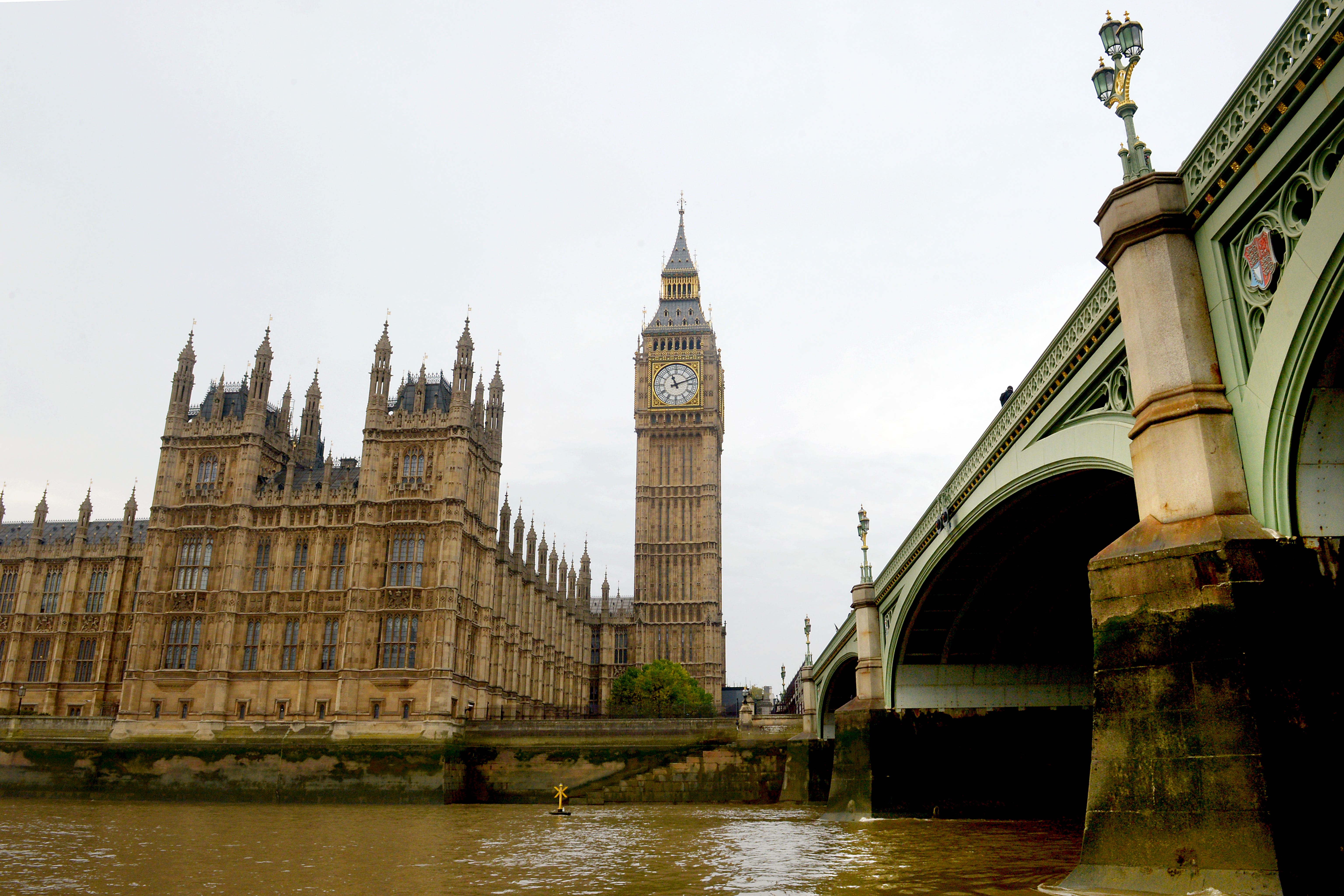Ireland’s challenge of legacy law ‘unnecessary and unhelpful’, says minister
Dublin’s stance is ‘hard to reconcile’, a Tory frontbencher tells Parliament.

Your support helps us to tell the story
This election is still a dead heat, according to most polls. In a fight with such wafer-thin margins, we need reporters on the ground talking to the people Trump and Harris are courting. Your support allows us to keep sending journalists to the story.
The Independent is trusted by 27 million Americans from across the entire political spectrum every month. Unlike many other quality news outlets, we choose not to lock you out of our reporting and analysis with paywalls. But quality journalism must still be paid for.
Help us keep bring these critical stories to light. Your support makes all the difference.
Legal action launched by the Irish government against a contentious UK law aimed at dealing with the legacy of the Northern Ireland Troubles has been branded “unnecessary and unhelpful” by a British minister.
Speaking in Parliament, Lord Caine repeated that the Government “profoundly regret” the decision by Dublin to challenge the legislation in the European Court of Human Rights.
The Tory frontbencher argued the Irish government’s stance was “hard to reconcile” given previous positions it had taken and its own record of dealing with Troubles-related cases.
The criticism by the Northern Ireland Office minister came after the new body responsible for investigating unresolved deaths from the turbulent period became operational.
The Independent Commission for Reconciliation and Information Recovery (ICRIR) was created by the Government’s legacy legislation, which was introduced in the face of widespread opposition from political parties, victims’ organisations in Northern Ireland and the Irish government.
A key part of the Act, a provision for conditional immunity from prosecution for Troubles offences, was ruled unlawful by the High Court in Belfast earlier this year and struck out.
Separately, the Irish Government brought an interstate legal case against the UK, claiming the new law breached the European Convention on Human Rights (ECHR). That case is still to be heard.
Raising the issue in Parliament, Tory peer Lord Lexden, who worked as a political adviser to Airey Neave until the MP’s murder by Republican terrorists in 1979, argued the UK Government should be “entitled to take strong exception” to the move by Dublin.
Responding, Lord Caine said: “On the interstate case, the Government profoundly regret the decision of the Irish government to bring this unnecessary and unhelpful case against the UK, particularly when these matters are likely to be dealt with by the domestic courts long before the case ever reaches Strasbourg.”
Highlighting the strong opposition to the controversial legislation, Labour former Northern Ireland secretary Lord Murphy of Torfaen said: “The minister knows that you can move in Northern Ireland, eventually, only by consensus.”
But Lord Caine argued the opposition had “no coherent plan for dealing with legacy matters whatever, other than taking us back to square one”.
The minister told peers: “It is worth recalling that both the UK and Irish Governments have previously decided to make compromises on established criminal justice processes in the hope of moving the process forward, including decommissioning, prisoner releases and the search for the location of victims’ remains.”
He added: “The Irish Government’s position is hard to reconcile in relation to the positions they have adopted on these matters in the past and, indeed, their own record of dealing with Troubles-related cases within their own jurisdiction, where, to the best of my knowledge, there has not been a single prosecution since April 1998.”
Subscribe to Independent Premium to bookmark this article
Want to bookmark your favourite articles and stories to read or reference later? Start your Independent Premium subscription today.